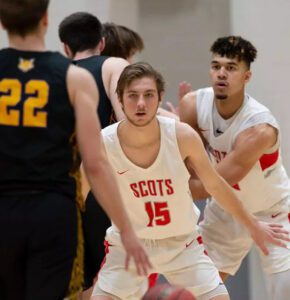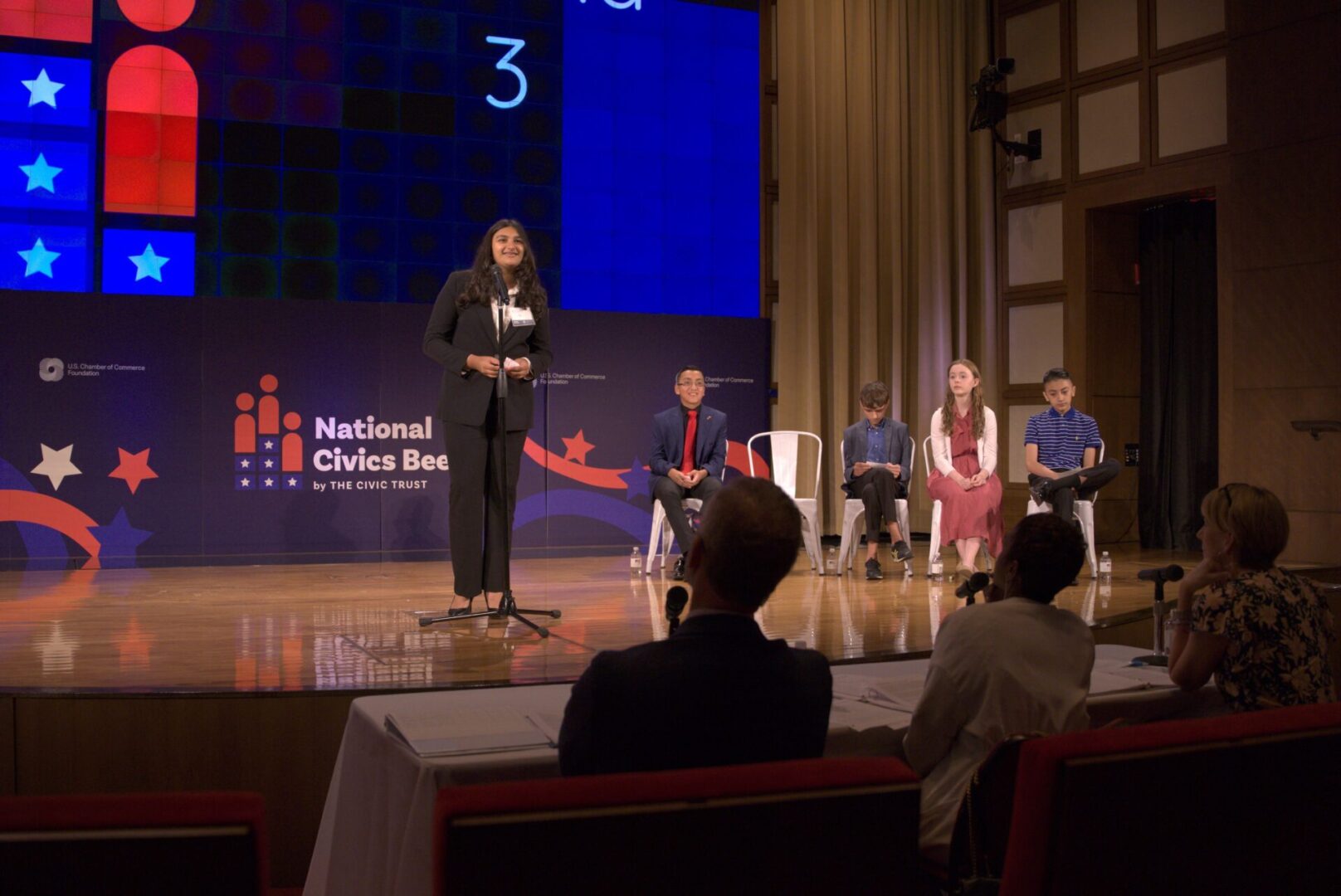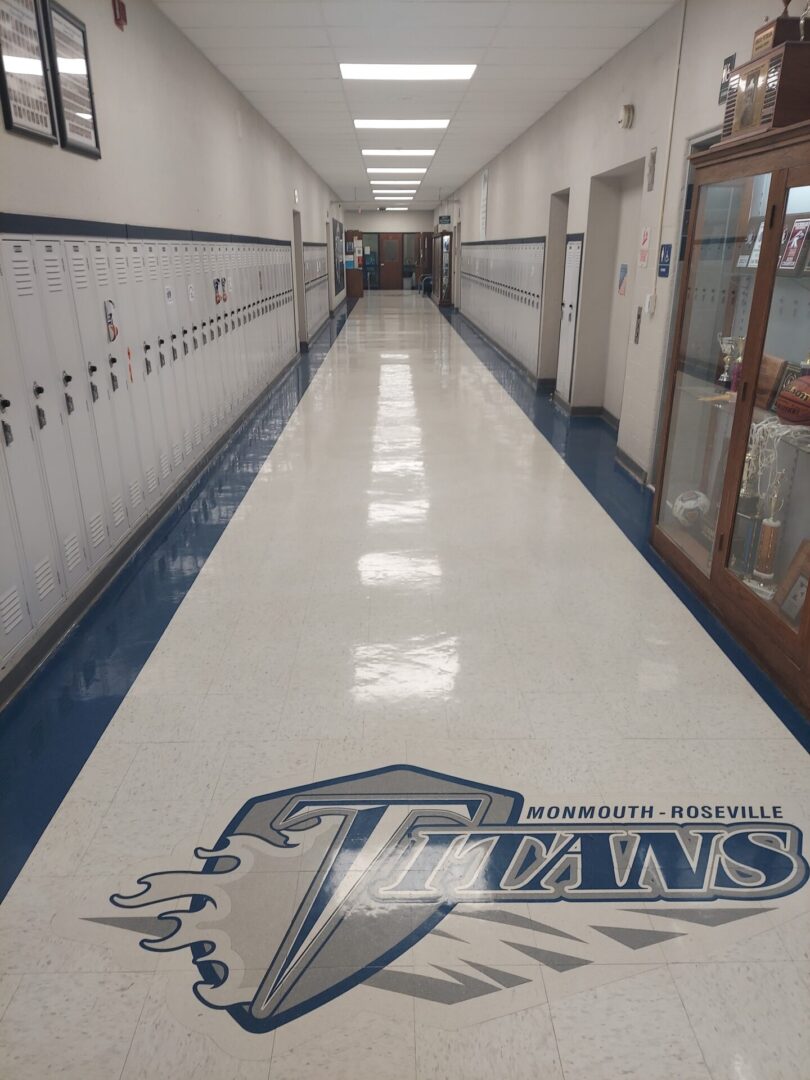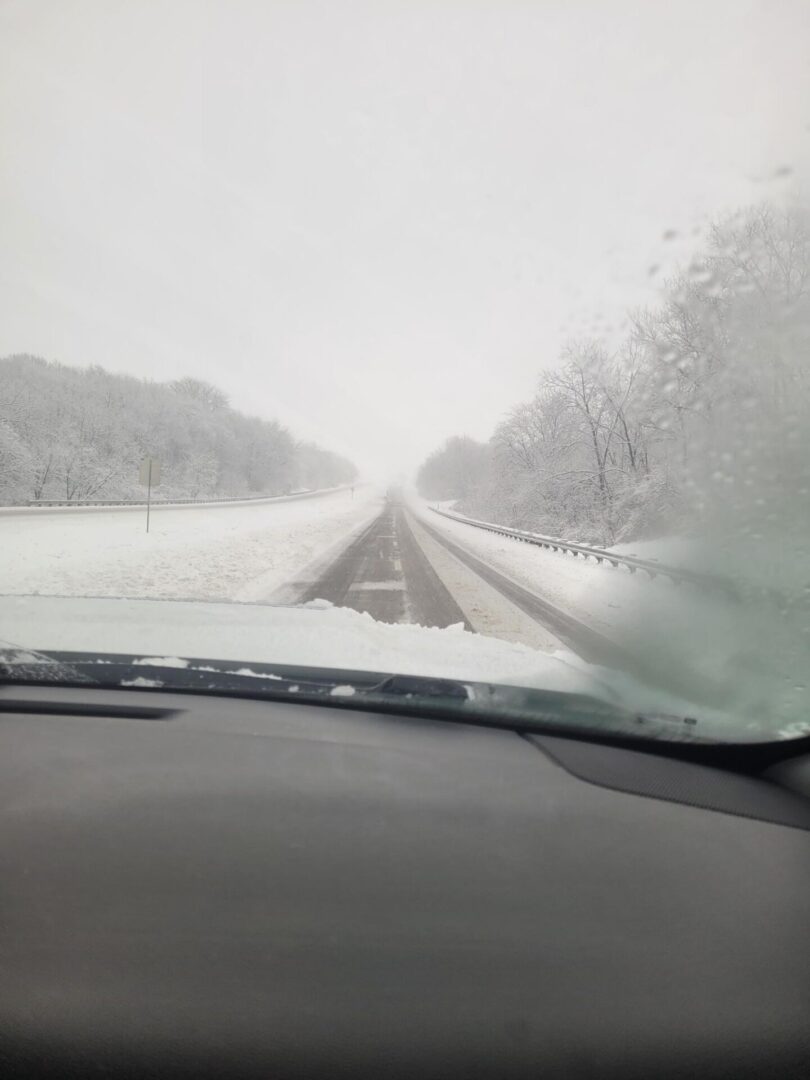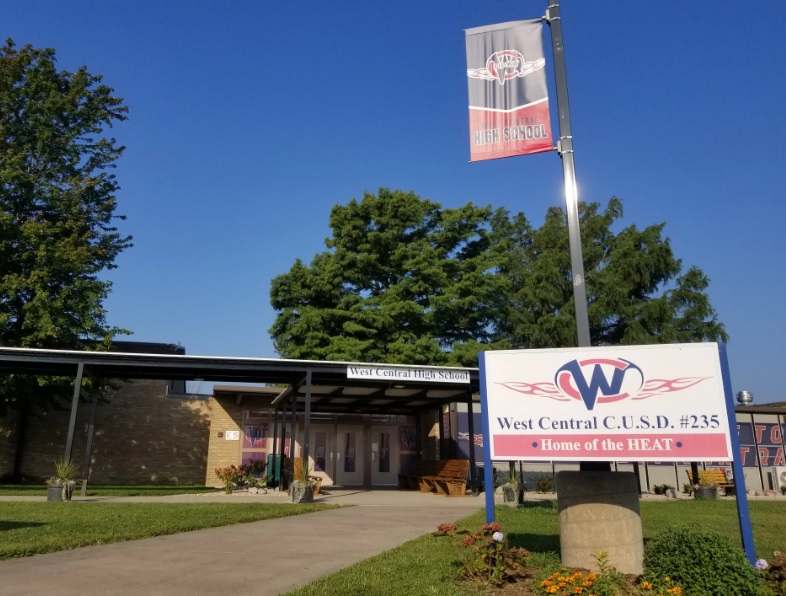The U.S. Department of Health and Human Services Office of Inspector General is alerting the public about fraud schemes related to the novel coronavirus (COVID-19).
Scammers are using telemarketing calls, text messages, social media platforms, and door-to-door visits to perpetrate COVID-19-related scams.
Fraudsters are offering COVID-19 tests, HHS grants, and Medicare prescription cards in exchange for personal details, including Medicare information.
However, these services are unapproved and illegitimate.
These scammers use the coronavirus pandemic to benefit themselves, and beneficiaries face potential harm. The personal information collected can be used to fraudulently bill federal health care programs and commit medical identity theft.
Protect Yourself
- Be cautious of COVID-19 survey scams. Do not give your personal, medical, or financial information to anyone claiming to offer money or gifts in exchange for your participation in a COVID-19 vaccine survey.
- Be mindful of how you dispose of COVID-19 materials such as syringes, vials, vial container boxes, vaccination record cards, and shipment or tracking records. Improper disposal of these items could be used by bad actors to commit fraud.
- Offers to purchase COVID-19 vaccination cards are scams. Valid proof of COVID-19 vaccination can only be provided to individuals by legitimate providers administering vaccines.
- Photos of COVID-19 vaccination cards should not be shared on social media. Posting content that includes your date of birth, health care details or other personally identifiable information can be used to steal your identity.
- Be vigilant and protect yourself from potential fraud concerning COVID-19 vaccines. You will not be asked for money to enhance your ranking for vaccine eligibility. Government and state officials will not call you to obtain personal information in order to receive the vaccine.
- Beneficiaries should be cautious of unsolicited requests for their personal, medical, and financial information. Medicare will not call beneficiaries to offer COVID-19 related products, services, or benefit review.
- Be suspicious of any unexpected calls or visitors offering COVID-19 tests or supplies. If you receive a suspicious call, hang up immediately.
- Do not respond to, or open hyperlinks in, text messages about COVID-19 from unknown individuals.
- Ignore offers or advertisements for COVID-19 testing or treatments on social media sites. If you make an appointment for a COVID-19 test online, make sure the location is an official testing site.
- Do not give your personal or financial information to anyone claiming to offer HHS grants related to COVID-19.
- Be aware of scammers pretending to be COVID-19 contact tracers. Legitimate contact tracers will never ask for your Medicare number, financial information, or attempt to set up a COVID-19 test for you and collect payment information for the test.
- If you suspect COVID-19 health care fraud, report it immediately online or call 800-HHS-TIPS (800-447-8477).
***Report Courtesy of the U.S. Department of Health and Human Services Office of Inspector General***




